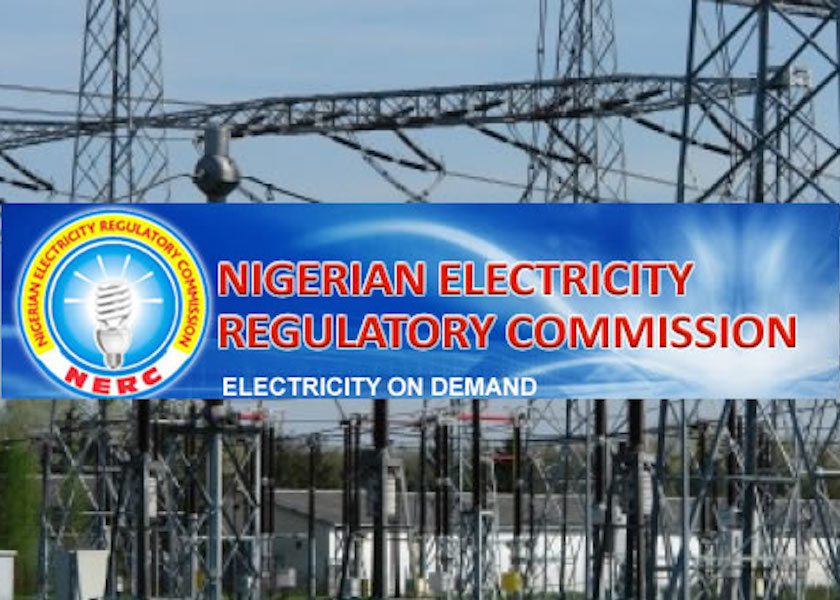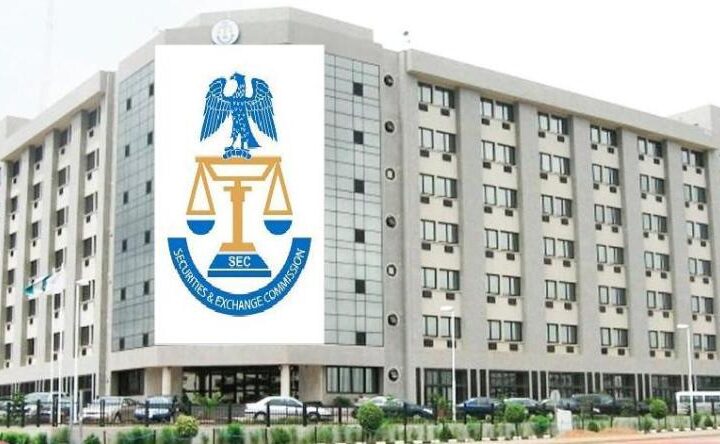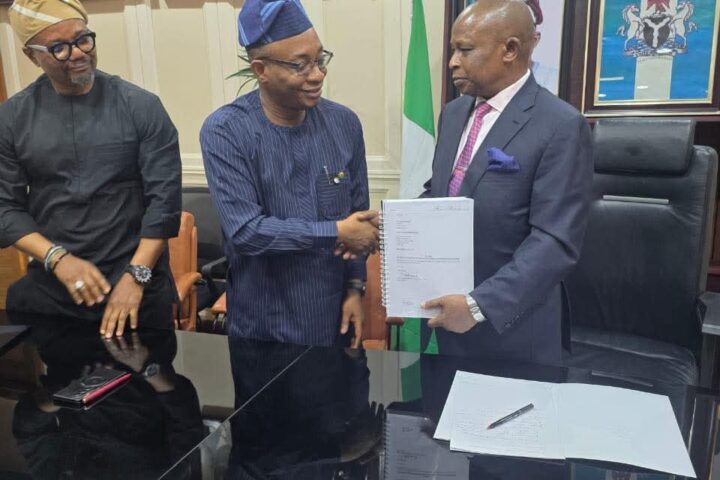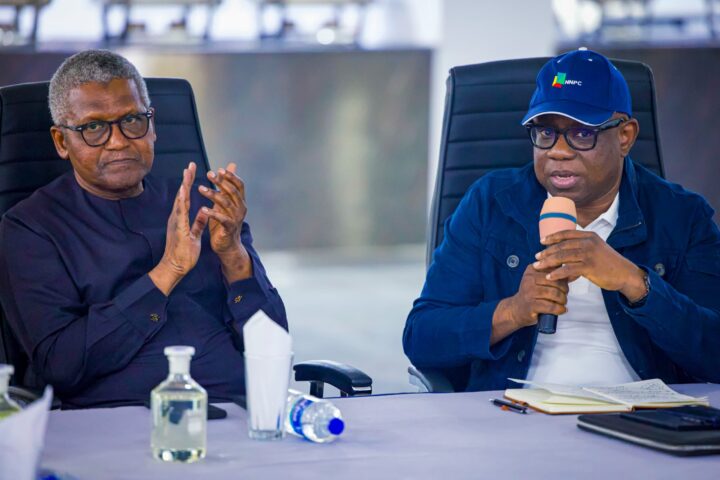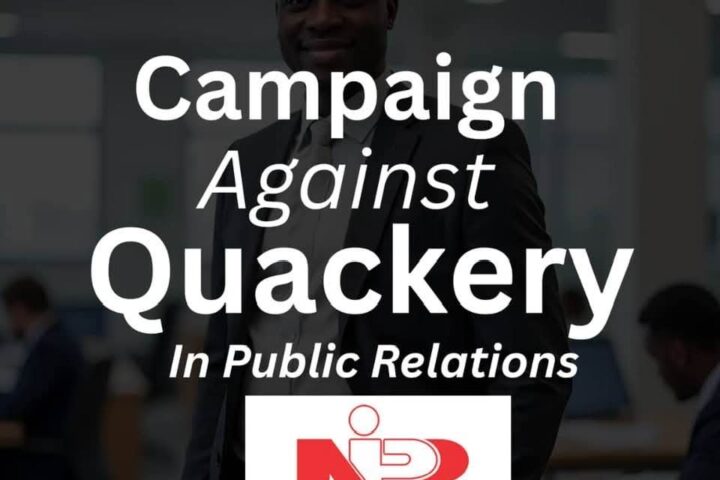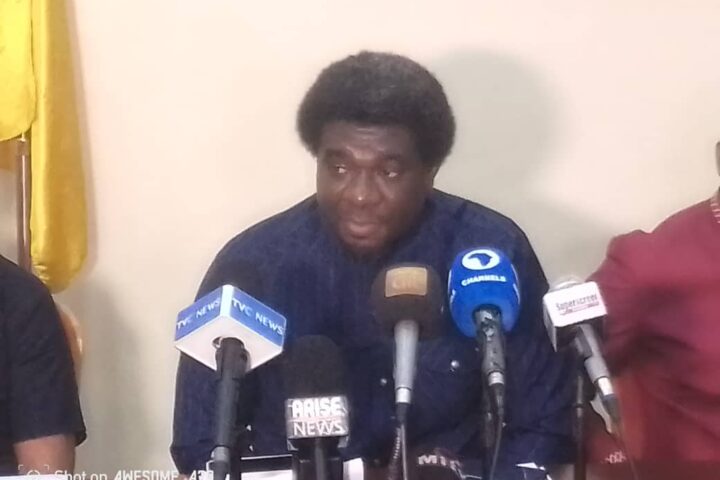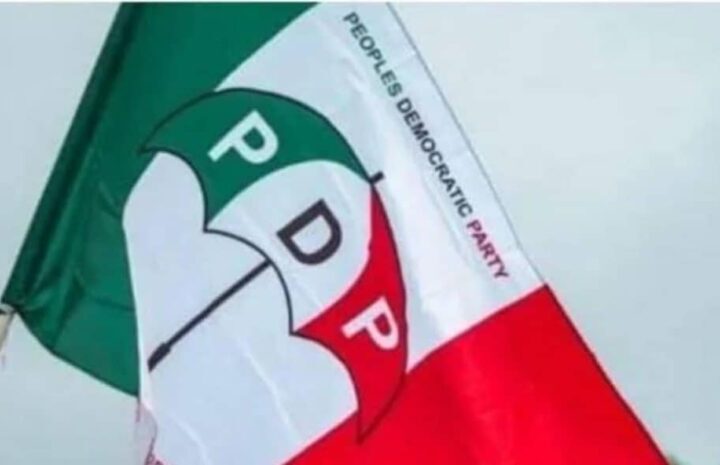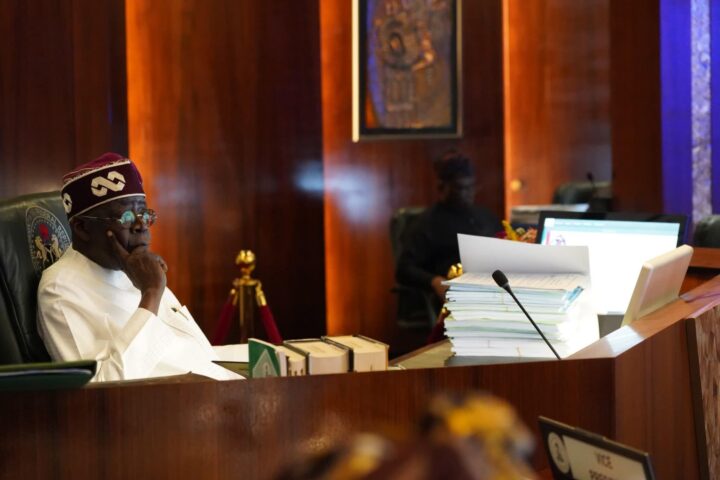The Nigerian Electricity Regulatory Commission (NERC),says it would compel electricity distribution companies to compensate consumers in view of the prevailing power outage in the country.
Chairman of NERC, Sanusi Garba,who disclosed this in Abuja,said his agency has robust data gathering strategies to implement the compensation.
He noted that NERC had once compelled Jos DisCo to refund N200 million to consumers for poor service as well as Enugu DisCo.
He also said his agency will soon halt payment for unused electricity in the country.
He noted that issues surrounding the N1.6 trillion debt which electricity Generating Companies(GenCos) are demanding its payment, were technical.
He added: “It will be reckless to sign agreement for the generation plants for capacity that has not been delivered.Nigeria will be paying for the capacity that has not been useful to Nigerians” when “the infrastructure” that ought to be provided by the firms “ is not there.”
According to him, some of the GenCos have no effective contract on payment of unused electricity.
He said: “If a generation company has effective Power Purchase Agreement (PPA) that provides for payment of a certain level of capacity, then there is an obligation to pay.
“A number of generation companies however has no effective contract that guarantees the payment of the so-called unutilised capacity.
“The good thing is that we are gradually migrating to a point where the generation plants will have capacity payments being somewhere and somehow delivered along the value chain.”
He further explained that the government has stopped the payment of electricity subsidy, saying the decision to discontinue it (subsidy) was entirely that of the Federal Government.
“You can’t run the electricity market on life support,” he said as he recalled that “in the past four or five years, the payment of subsidy has gradually been reduced to about N30 billion this year.I believe all of you can understand that you cannot run the electricity market on life support and say that the investors should not get their return on investment.
“That policy decision was announced by the Minister of Finance. Subsidy at a point was as high as N600 billion a year and gradually has dropped to N30 billion this year. So that policy decision is from the government and we take directive from the government.”


